As a teacher, there’s always more to do, and constant changes to keep up with. David Paterson suggests the best thing to do is reflect on it with others, and explains why he’ll be taking a trip to Birmingham this July
Around this time of year, I always ask myself how I can best prepare for the next academic year and what more I need to be doing. There is always so much more to do, to read and to think about. I recently read a lecture synopsis that nicely articulates this: ‘As well as holding extensive subject knowledge, teachers are also expected to have pedagogical knowledge, and pedagogical content knowledge, not to mention curricular knowledge, and knowledge of their students, students’ needs and how to get the best out of them, and knowledge of the school, its policies and how they should be applied. The list goes on and on …’

Having spent two years away from the classroom, it was easy to forget the frenetic pace of the school year, and the rigours of keeping multiple teaching groups on track. I’m trying to balance all of this with the activities and events that make teaching more than just the subject, and with a small-scale research project.
On top of this, we have been through several years of continual reform in the English education system. We are thankfully entering a phase where we are teaching all secondary students the new curriculums. While the current education secretary has promised no more reforms to exams within this parliament, problems remain within the current system. New curriculums introduced in non-sequential order have led to problems of coherence in the system. Content-heavy exam specifications are leaving many teachers struggling to teach everything, and concerned about whether they have access to courses that are appropriate for all students. On-going funding issues in many schools are leading to erosions in the provision of high quality practical and investigative work.
What I need is an opportunity to discuss and reflect on how chemistry education is changing with other teachers. And as another academic year approaches exam season, I need to think about next year. I think the Royal Society of Chemistry (RSC)’s Secondary and Further Education Interest Group National Chemistry Teachers’ and Educators’ Conference will give me just this opportunity.
With the current system’s incoherence in mind, I’m particularly looking forward to hearing from the RSC’s Danièle Gibney. She will speak at the conference about how to bring coherence to the whole of pre-university chemistry study. She’ll talk about a project that aims to help design curriculums that present chemistry as a relevant and coherent picture of a human endeavor to understand the material world. I’m interested in seeing how balance can be struck between ensuring all students gain from their chemistry studies, whether or not they are intending to progress into chemistry-related careers. Danièle will invite discussion and debate. It will be an exciting opportunity to share in the development of this significant programme, which could have a profound impact on how and what we are teaching in the years to come.
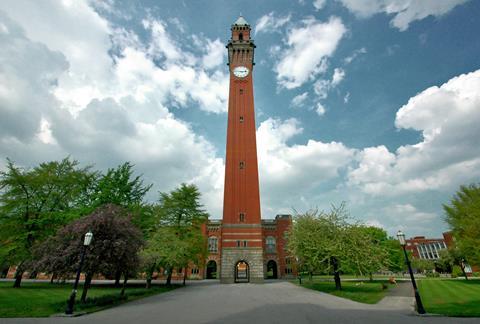
Also at this conference, David Read and Stephen Barnes will deliver in full the synopsis I mentioned, which illustrates the demands on teachers so well. While David teaches at the University of Southampton now, he has taught in secondary classrooms, and sustains strong contacts with many schools around the country. This broad view gives him insight into what works well in schools, and the impact this has on students once they transition to the university environment. His workshops are invariably supportive yet challenging, asking you to think beyond the surface aspects of your practice and to think critically about what you will do in the future.
Other afternoon break-out sessions promise a wide range of activities from hands-on practicals to new opportunities offered by the upcoming changes to vocational educational. Bob Worley, latterly of CLEAPSS but still active in promoting high quality practical work in learning, will lead a session on A-level microscale activities. Robert Bowles from the RSC and Hilary Jeffreys will hold a session looking at how apprenticeships and T-levels are changing the training and employment landscape for many students, and the involvement of industry with their development.
Like a school day, the schedule is jam-packed with a wide-range of opportunities, from the keynote talk from David Read to the afternoon of workshops, interspersed with plenty of time for refreshments and networking. So, I will be in Birmingham on 3rd July. And so should you, if you want a day of professional learning, discussion and debate with teachers and others involved in chemistry education, a chance to reflect and recharge, all in preparation for the next full-on academic year. Oh, and it’s only £25.
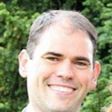




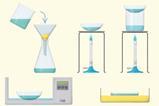
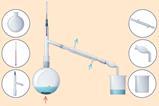
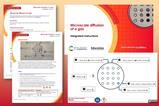






No comments yet